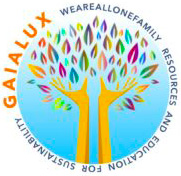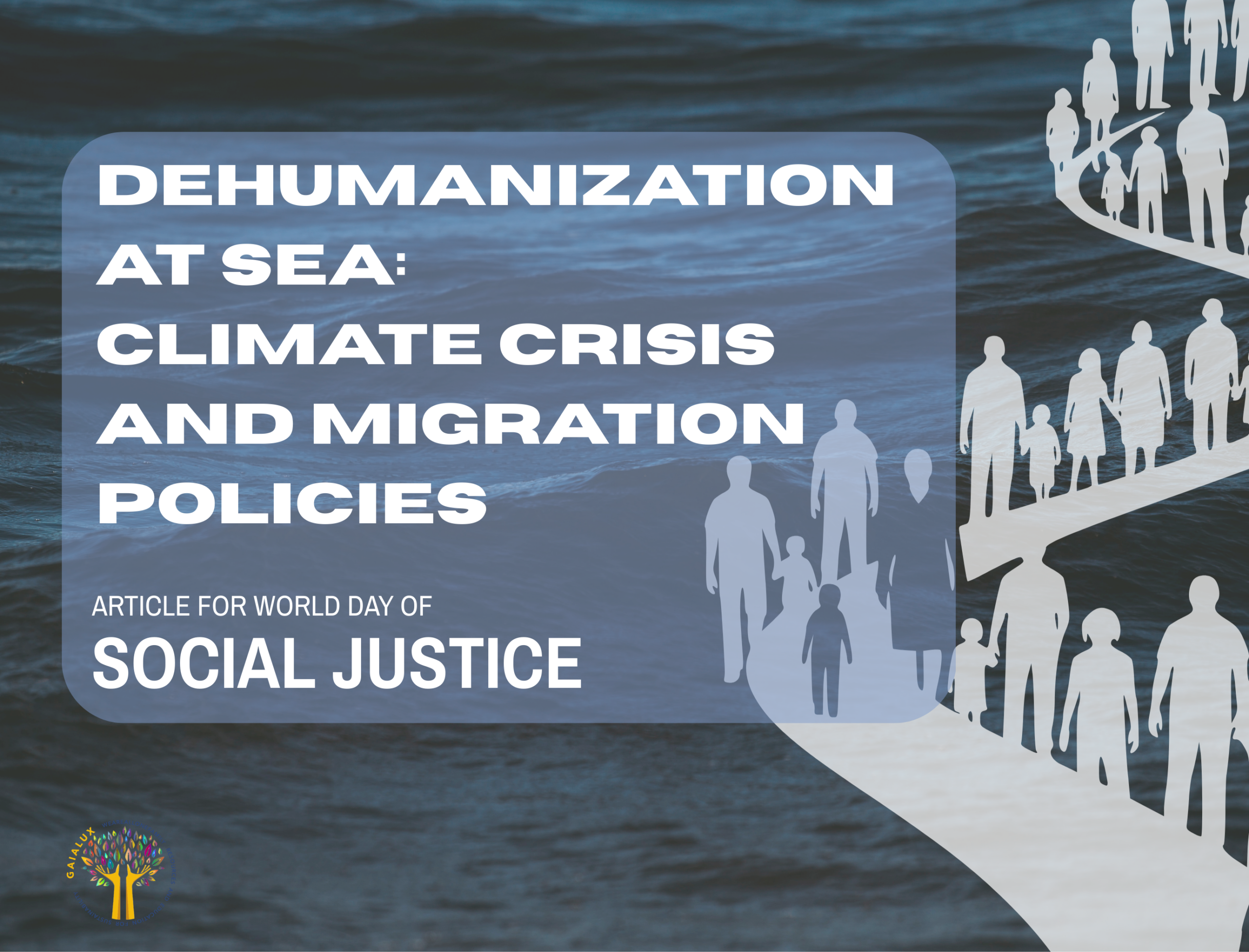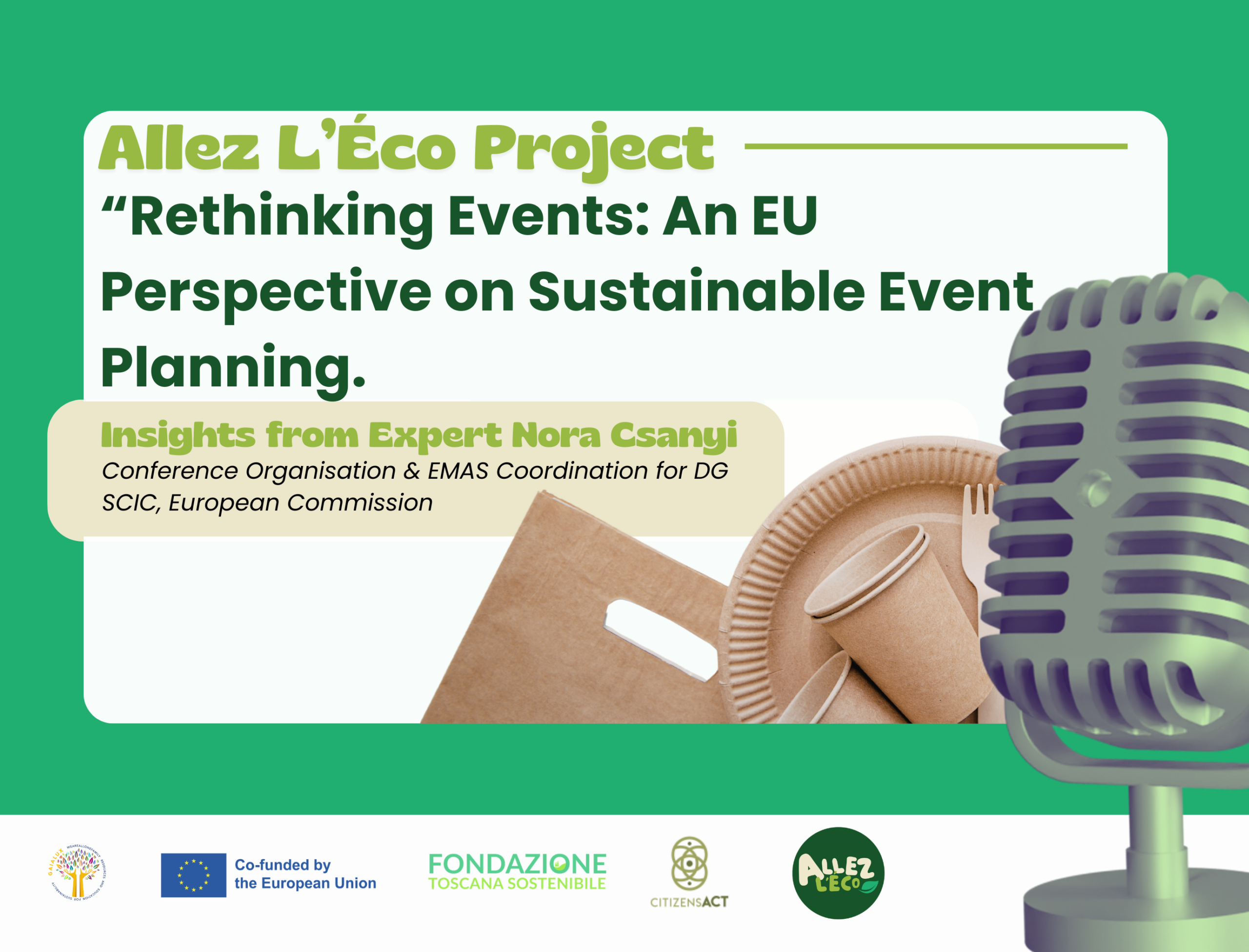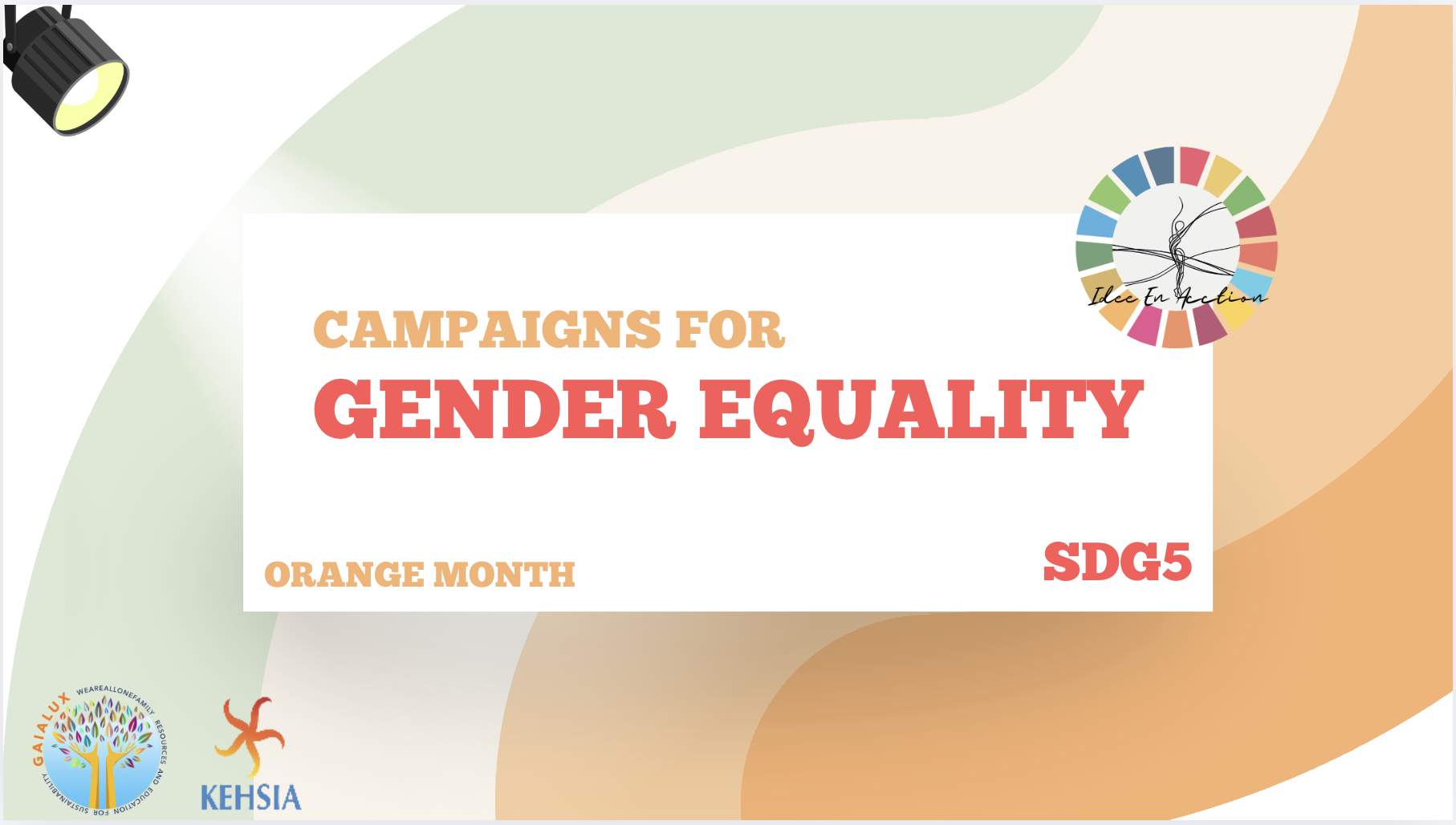The Modern Man, Ulysses and the Sirens. Another perspective on Sustainability
by Luca Falconieri
Indigenous Leaders at COP29
During this week of COP29, Indigenous leaders from different communities around the world are
taking the stage to discuss the new direction of climate finance and voice the dramatic effects
global warming and climate change have on their communities. The presence of Indigenous
leaders at COP29 is invaluable, and it offers us an opportunity to reflect on the different values
sustainability can have for communities and societies worldwide.
From a philosophical perspective, the contrast between the indigenous understanding of
“sustainability” and the modern world offers a picture of two radically different ways for men to
frame their relationship with nature.
In the 1970s, just as the field of sustainability emerged in academia, philosophers from the
Frankfurt school, like Adorno and Horkheimer, offered an interesting picture of the “modern” man
and what it means to be “modern”. This term was used to describe not a specific time frame but
rather a disposition of the mind, a “way” of being human, and specifically, a way to understand
the human relation with the world surrounding him.
The Frankfurt school saw the development of the modern capitalist world as a result of values
that were already emerging in ancient Greece with myths like the Odyssey. The encounter of
Ulysses with the Sirens, and the way this myth unfolds, are an inspirational tale that can offer a
deep insight into our relationship with the natural world.
The Modern Man, Ulysses and the Sirens
Ulysses’ desire to listen to the Sirens is a taboo for any human since their song inevitably leads
anyone who listens to it to leave their ship and drown.
In this myth, the Sirens are the symbol of the mystical side of nature, the allure of the natural
world, and the deeply human fear of the unknown. They can also represent our original
relationship with nature, one of reverence, and respect, informed by our deep fear of natural
phenomena.
It is not by chance that Ulysses, the symbol of reason and intellect, supported by the goddess of
Science Athena, is seen as the original “myth” of the modern man. The hero relies on his
intellect, his reason, to overcome the challenges of the natural world, from spirits and monsters
to the very God of the Sea. That is why Ulysses is tied to the ship’s mast, and he listens to the
Sirens’ song, becoming a symbol of humanity overcoming its fear of nature, of the mystery of the
natural world, a human “advancing” further beyond his original state of reverence and
coexistence with nature. Ulysses’ thirst for knowledge is a desire to own nature, to bend it to his
egotistical desire, to dominate it.
Like Ulysses, the modern human has finally overcome nature. And this is reflected in the
relationship it seeks to establish with it: one of domination, of use, of exploitation. This paradigm
seems to inform most of the Western discourse on energy and climate: even sustainable
energies are often framed as a way to harness nature’s power and bend it towards men’s
ambition and growth. Ironically, even in our best attempt at re-framing our relationship with the
forces of nature, we end up falling into a relationship of possession and exploitation, where the
implicit ultimate goal is economic growth.
Ulysses’ story, rather than a heroic tale, can be read as the tragedy of modern man’s alienation
from nature. Listening to the Siren’s song, Ulysses is desperate, struggling to get free from his
self-imposed restraints, he has to suppress himself in order to dominate nature.
And that is the real tragedy of the modern man, whose relationship with nature is contaminated
by such powerful ideas and concepts, that ever since he enters society he is unable to recognize
himself as part of the natural world.
The Indigenous perspective and the future of Sustainability
When confronting our necessities, narratives and values with the ones Indigenous communities
voice, we can find new, precious opportunities for self-reflection. These perspectives offer us a
way to look at ourselves, our fears and our societal paradigms in a completely different light.
We see rivers drying up, and we fear for the birds we see nesting on them year after year. We
lament not being able to swim in them anymore during the summer, of how badly it will affect the
tourism business in the area. Indigenous people, on the other hand, see their livelihoods
shrinking together with the rivers. Drinkable water is a privilege, fishing is an invaluable source of
food, and rivers are often the main roads through which indigenous people move between
villages. Once a river dries up, all of these critical roles disappear with it, endangering the very
lives of these communities.
With these “new” perspectives and radical differences come radical reflections on our future and
what we want our relationship with nature to look like five, ten or a hundred years from now.
Is it possible for Ulysses to return to who he was after listening to the Sirens’ song?
Is the modern man able to mend its original relationship with nature?
And ultimately, who can say certainly that going back is the right call?
While these questions seem to only lead to more doubts and uncertainties on our responsibility
as individual humans and as a society, they can also open our eyes to the real value of events
like COP29.
The acts of discussion, of comparing different perspectives, contrasting worlds and their
narratives, are ultimately all moments that critically shape the narrative of sustainability.
They are moments of creation, as they powerfully remind us that as modern men, whether we
are citizens of the Global North or the Global South, we are ultimately just humans on a planet.
They remind us that no matter how far along we have gone in a direction as a society, there is
and always will be an alternative path forward, but there’s no Planet B..
And this realisation, this encounter with a different world, will hopefully be a Siren’s song we will
not be able to come back from unchanged.
Other Events
Allez L'Éco, Article, News





